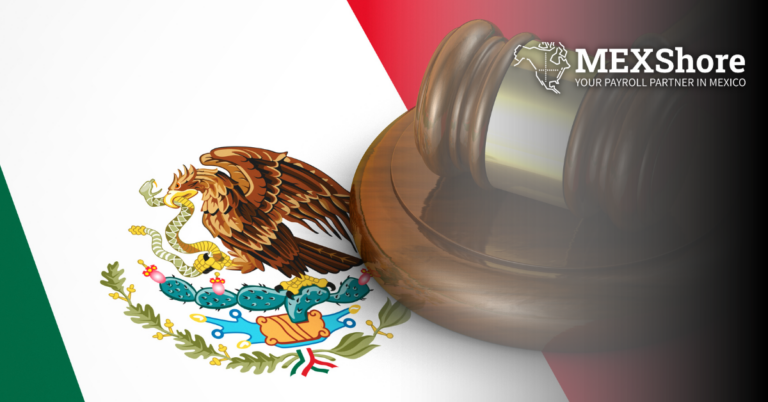Why do Companies Choose Mexico for Nearshoring?
Companies choose Mexico as a nearshoring destination for several compelling reasons. Mexico has become a preferred location for nearshoring across various industries, including manufacturing, IT services, customer support, and more. Here are some of the key factors that make Mexico an attractive choice:
1. Proximity to the United States and Canada:
Mexico shares borders with the United States and is relatively close to Canada. This geographical proximity makes it easy for companies in North America to visit their Mexican partners, reducing travel time and costs compared to offshoring to distant countries.
2. Time Zone Alignment:
Mexico operates in the Central Time Zone, which is either in sync with or only one hour behind many U.S. states. This alignment simplifies communication, coordination, and collaboration between teams, minimizing the challenges posed by significant time zone differences.
3. Cultural Affinity:
Mexico shares cultural and business similarities with the United States and Canada. This includes language proficiency in English and a deep understanding of North American business practices and expectations. Cultural affinity fosters better working relationships and eases the integration of nearshored teams.
4. Skilled Workforce:
Mexico boasts a growing and skilled workforce in various industries, including engineering, manufacturing, software development, and customer service. Many Mexican professionals are well-educated, and Mexico has a robust network of universities and technical schools producing talent suitable for the needs of businesses.
5. Cost-Effective Labor:
While Mexico may not offer the lowest labor costs globally, it provides a competitive advantage over onshoring in the United States or Canada. Businesses can benefit from cost savings while still accessing high-quality labor. Mexico’s labor costs can be significantly lower than those in more developed economies.
6. Established Infrastructure:
Mexico has invested in infrastructure development to support its growing nearshoring industry. This includes modern office spaces, technology parks, and industrial zones designed to accommodate various business needs, such as manufacturing and software development.
7. Trade Agreements:
Mexico is a signatory to several international trade agreements, including the United States-Mexico-Canada Agreement (USMCA), which replaced NAFTA. These agreements promote trade and reduce trade barriers, facilitating the movement of goods and services across borders.
8. Political Stability:
Mexico has a history of political stability, which is vital for businesses looking for a secure and reliable nearshoring destination. A stable political environment reduces the risk of disruptions to business operations.
9. Cost-Effective Transportation:
Mexico has well-established transportation networks, including road, rail, and ports, making it easier to move products and materials. This accessibility is especially beneficial for manufacturing and distribution companies.
10. Growing Tech Hub:
Mexico is rapidly evolving into a tech hub, with cities like Guadalajara and Monterrey emerging as centers for software development and IT services. The availability of tech talent and modern technology infrastructure make Mexico an attractive destination for IT nearshoring.
In conclusion, Mexico’s strategic location, cultural affinity, skilled workforce, cost-effectiveness, and infrastructure make it a compelling choice for companies seeking to nearshore their operations. Whether for manufacturing, IT services, or customer support, Mexico offers numerous advantages that align with the needs of North American businesses looking to enhance their competitiveness and efficiency through nearshoring.







